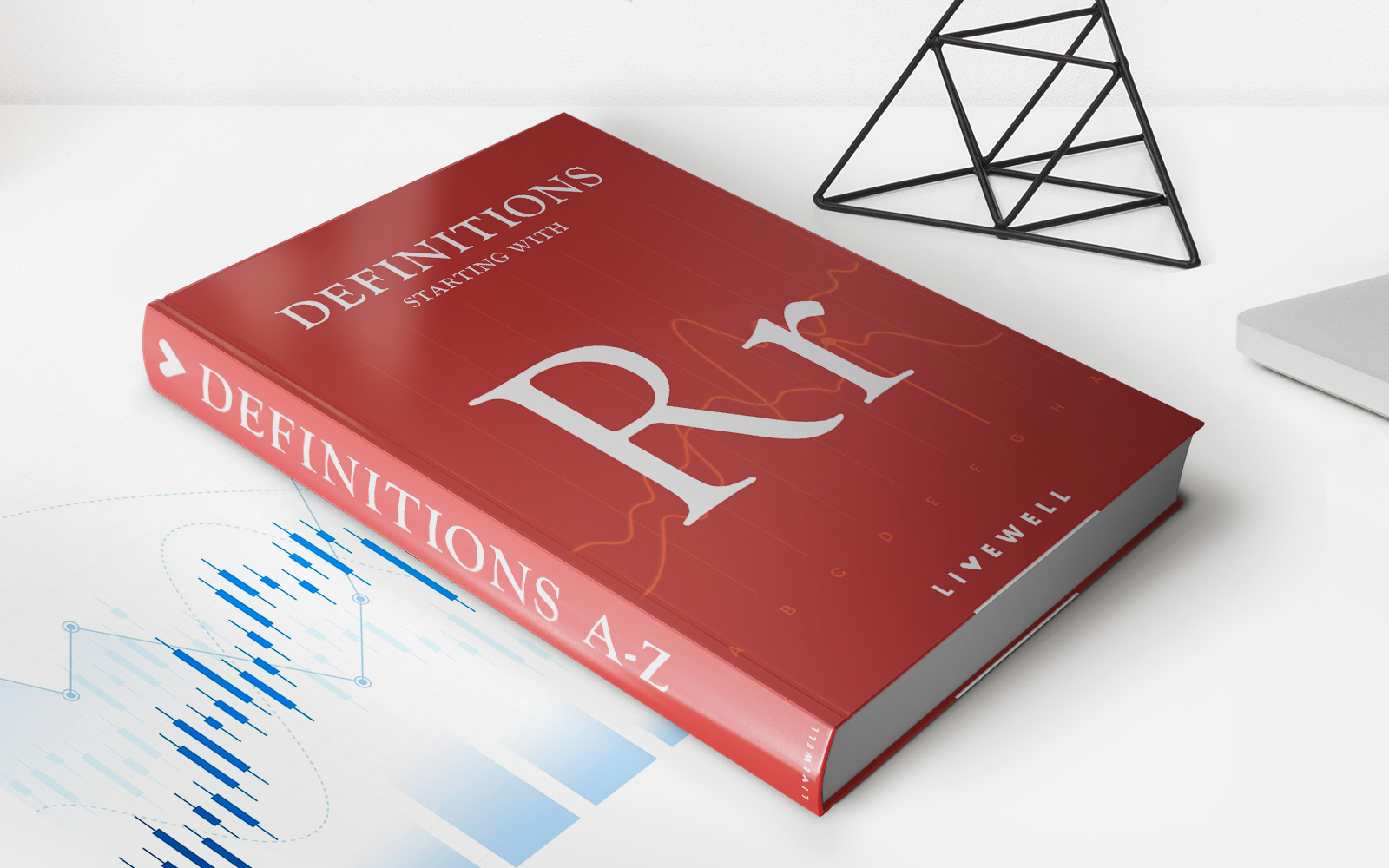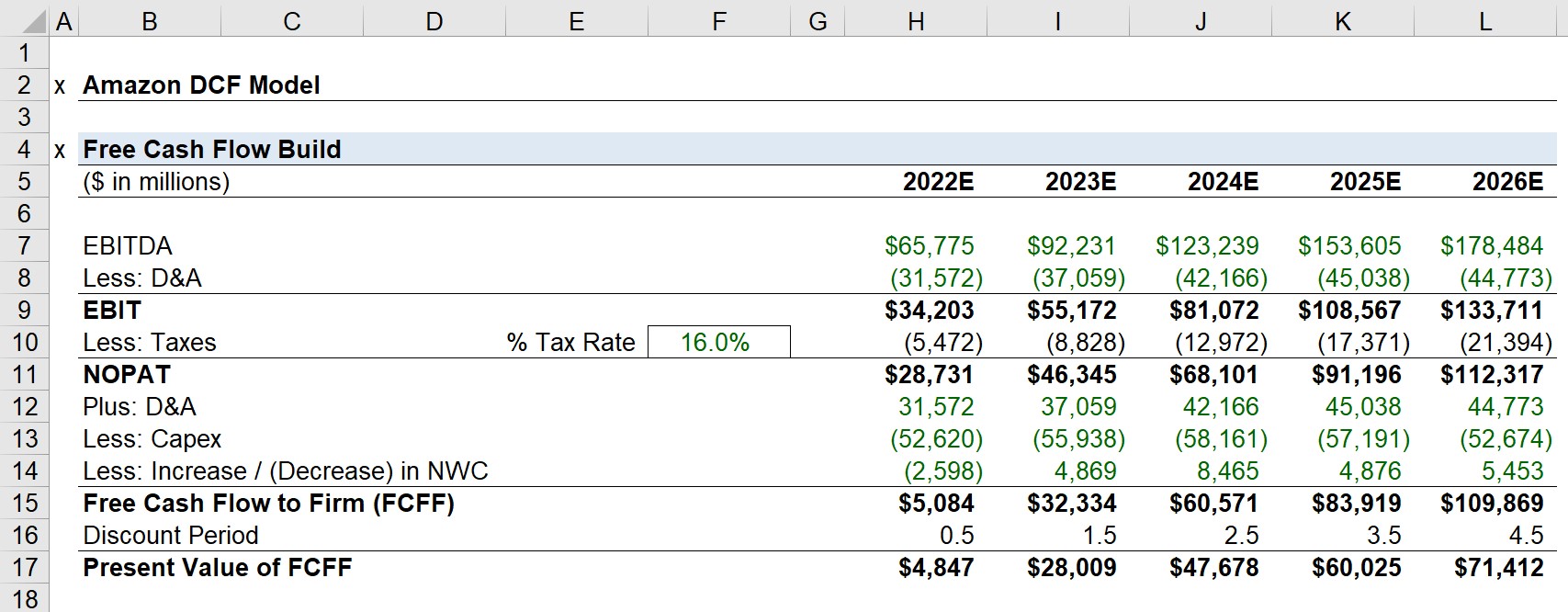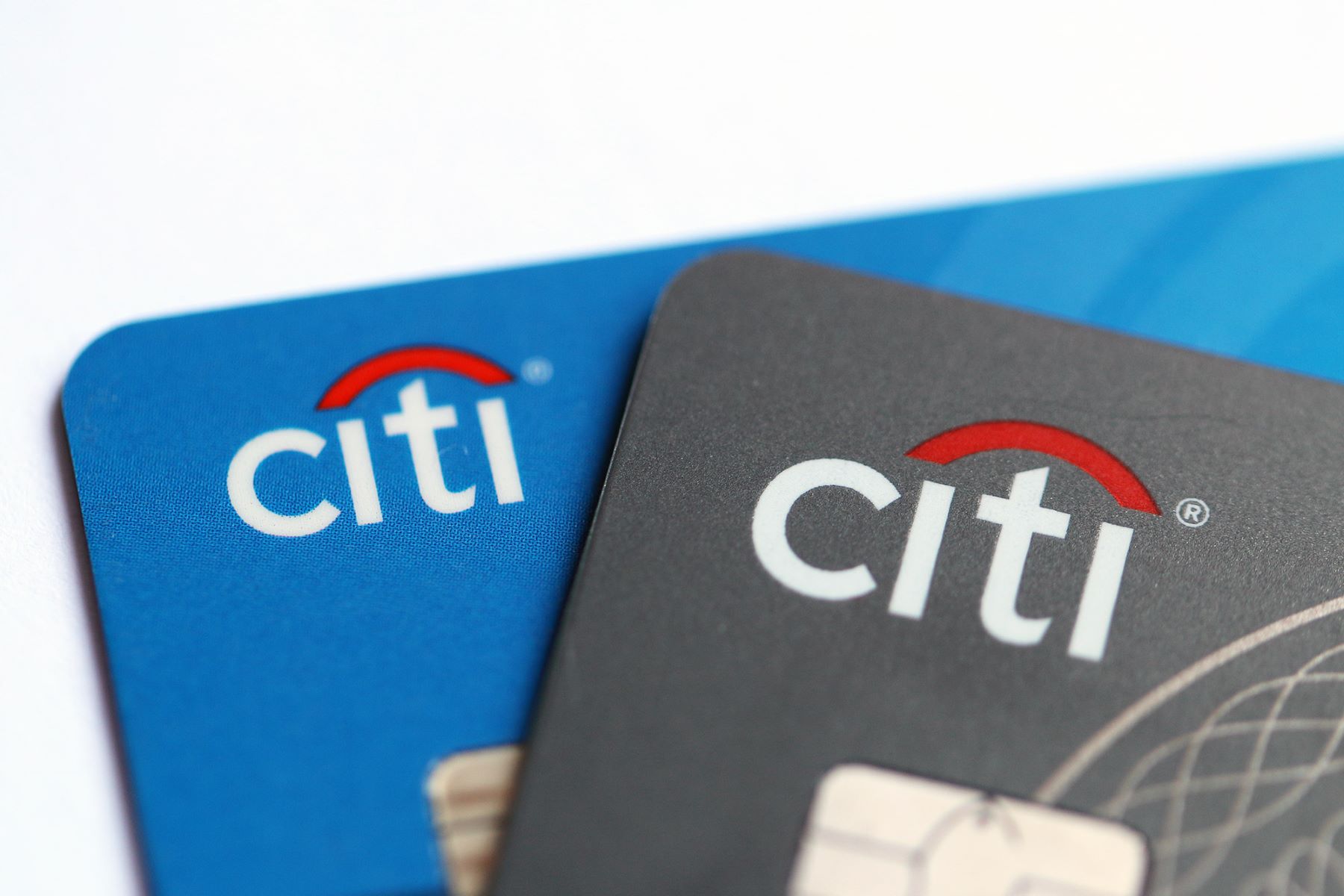Home>Finance>How Important Is Credit Utilization When Applying For A Mortgage


Finance
How Important Is Credit Utilization When Applying For A Mortgage
Published: March 6, 2024
Learn how credit utilization impacts mortgage applications. Understand the importance of managing your finances for a successful home loan process. Discover expert tips and advice.
(Many of the links in this article redirect to a specific reviewed product. Your purchase of these products through affiliate links helps to generate commission for LiveWell, at no extra cost. Learn more)
Table of Contents
Introduction
When you’re ready to take the exciting leap into homeownership, the mortgage application process can seem like a maze of complex requirements and considerations. One crucial factor that significantly influences your eligibility for a mortgage is your credit utilization. Understanding the impact of credit utilization on mortgage applications is essential for anyone looking to secure a home loan.
As you embark on this journey, it’s important to recognize that your credit utilization plays a pivotal role in determining your creditworthiness. Lenders carefully assess this factor to gauge your ability to manage debt responsibly and make timely payments. In essence, credit utilization reflects the percentage of your available credit that you’re currently using. It’s a key component of your overall credit profile and can greatly influence your borrowing capabilities.
Throughout this article, we’ll delve into the intricacies of credit utilization and its significance in the context of mortgage applications. By gaining a comprehensive understanding of this critical aspect, you’ll be better equipped to navigate the mortgage process and make informed decisions that can positively impact your financial future.
Understanding Credit Utilization
Credit utilization, often referred to as the credit utilization ratio, is a fundamental metric that reflects the extent to which you’re utilizing your available credit. This ratio is calculated by dividing the total amount of credit you’re currently using by the total amount of credit available to you. For example, if your credit card balances total $2,000 and your total credit limit across all your cards is $10,000, your credit utilization ratio would be 20%.
Lenders consider credit utilization to be a strong indicator of an individual’s financial responsibility and ability to manage credit effectively. A lower credit utilization ratio is generally viewed favorably, as it suggests that you’re not overly reliant on credit and are likely managing your finances prudently. Conversely, a higher ratio may raise concerns about your financial stability and ability to take on additional debt, potentially impacting your credit score and borrowing capacity.
It’s important to note that credit utilization applies not only to credit cards but also to other forms of revolving credit, such as lines of credit. While there is no universal threshold for an ideal credit utilization ratio, financial experts often recommend aiming for a ratio below 30% to maintain a healthy credit profile. Keeping your credit utilization low demonstrates to lenders that you’re using credit responsibly and not overextending your financial resources.
Understanding the significance of credit utilization is crucial as you prepare to apply for a mortgage. By managing your credit utilization effectively, you can bolster your financial standing and enhance your prospects of securing a favorable mortgage offer. Now that we’ve explored the fundamentals of credit utilization, let’s delve into its specific impact on mortgage applications.
Impact of Credit Utilization on Mortgage Applications
When you apply for a mortgage, lenders meticulously evaluate various aspects of your financial history and current standing to assess the level of risk associated with extending a home loan to you. Your credit utilization plays a pivotal role in this assessment, as it provides insight into your borrowing habits and financial management skills.
A high credit utilization ratio can raise red flags for mortgage lenders, signaling that you may be heavily reliant on credit and potentially overextended in your financial commitments. This can lead to concerns about your ability to take on additional debt, such as a mortgage, without experiencing financial strain. As a result, a high credit utilization ratio may negatively impact your mortgage application by contributing to a lower credit score, which is a key factor in determining your eligibility and the terms of the loan.
Moreover, a heightened credit utilization ratio could indicate a higher risk of default or late payments, further diminishing your appeal as a mortgage candidate. Lenders may view a high ratio as a potential indicator of financial instability, prompting them to offer less favorable terms or even reject your application altogether.
On the other hand, maintaining a low credit utilization ratio can significantly enhance your prospects of securing a mortgage. A lower ratio demonstrates responsible credit management and financial prudence, signaling to lenders that you’re likely to handle a mortgage obligation with reliability and confidence. This can contribute to a higher credit score, which not only strengthens your mortgage application but also opens doors to more favorable interest rates and loan terms.
By recognizing the impact of credit utilization on mortgage applications, you can proactively manage this aspect of your financial profile to bolster your eligibility and improve the terms of the mortgage offers you receive. Now, let’s explore actionable tips for effectively managing your credit utilization as you prepare to apply for a mortgage.
Tips for Managing Credit Utilization
Effectively managing your credit utilization is a proactive step towards enhancing your financial profile and maximizing your eligibility for a mortgage. By implementing the following strategies, you can maintain a healthy credit utilization ratio and demonstrate responsible credit management to potential mortgage lenders.
- Regularly Monitor Your Credit Utilization: Stay vigilant about your credit card balances and overall credit utilization ratio. Regularly monitoring these metrics can help you identify any concerning fluctuations and take prompt corrective action.
- Strategically Pay Down Balances: If you carry credit card balances, consider devising a strategic plan to pay them down. By focusing on reducing your outstanding balances, you can lower your credit utilization ratio and positively impact your creditworthiness.
- Request a Credit Limit Increase: Contact your credit card issuers to inquire about increasing your credit limits. This can instantly lower your credit utilization ratio, provided you maintain or decrease your current balances.
- Use Credit Wisely: Be mindful of your credit usage and strive to use credit cards judiciously. Avoid maxing out your cards and aim to keep your balances well below the credit limits to maintain a favorable ratio.
- Consider Multiple Payments Each Month: Instead of making a single monthly payment, consider making multiple payments throughout the billing cycle. This can help keep your balances lower when the statement period closes, positively impacting your credit utilization ratio.
Implementing these proactive measures can contribute to a healthier credit utilization ratio, thereby strengthening your overall credit profile and positioning you as a more attractive candidate for a mortgage. By demonstrating responsible credit management and maintaining a favorable credit utilization ratio, you can enhance your prospects of securing a mortgage with favorable terms and conditions.
Conclusion
As you navigate the intricate landscape of mortgage applications, understanding the significance of credit utilization emerges as a crucial aspect of securing a favorable home loan. Your credit utilization ratio serves as a powerful indicator of your financial responsibility and ability to manage credit effectively, influencing your creditworthiness in the eyes of potential mortgage lenders.
Recognizing the impact of credit utilization on mortgage applications empowers you to take proactive steps in managing this critical aspect of your financial profile. By maintaining a low credit utilization ratio, you can demonstrate prudent credit management and enhance your eligibility for a mortgage with favorable terms and conditions.
As you prepare to embark on the journey of homeownership, leveraging the insights shared in this article can equip you with the knowledge and strategies needed to effectively manage your credit utilization. By monitoring your credit utilization, strategically paying down balances, and using credit wisely, you can position yourself as a strong mortgage candidate with a compelling financial profile.
Ultimately, by prioritizing responsible credit management and maintaining a healthy credit utilization ratio, you can pave the way for a smoother and more successful mortgage application process. Your proactive approach to managing credit utilization can bolster your creditworthiness, potentially leading to more favorable mortgage offers and setting the stage for a rewarding homeownership experience.














